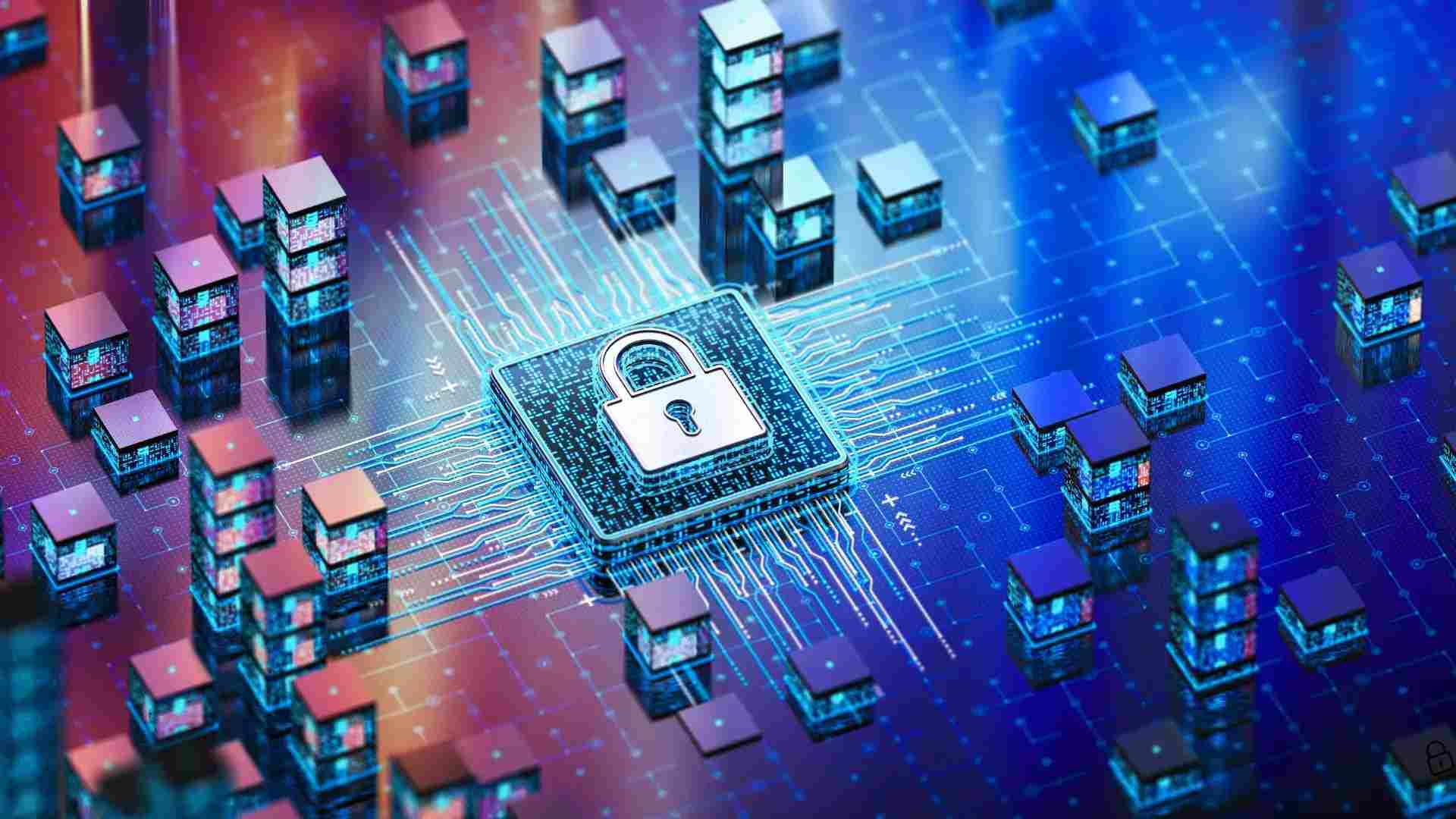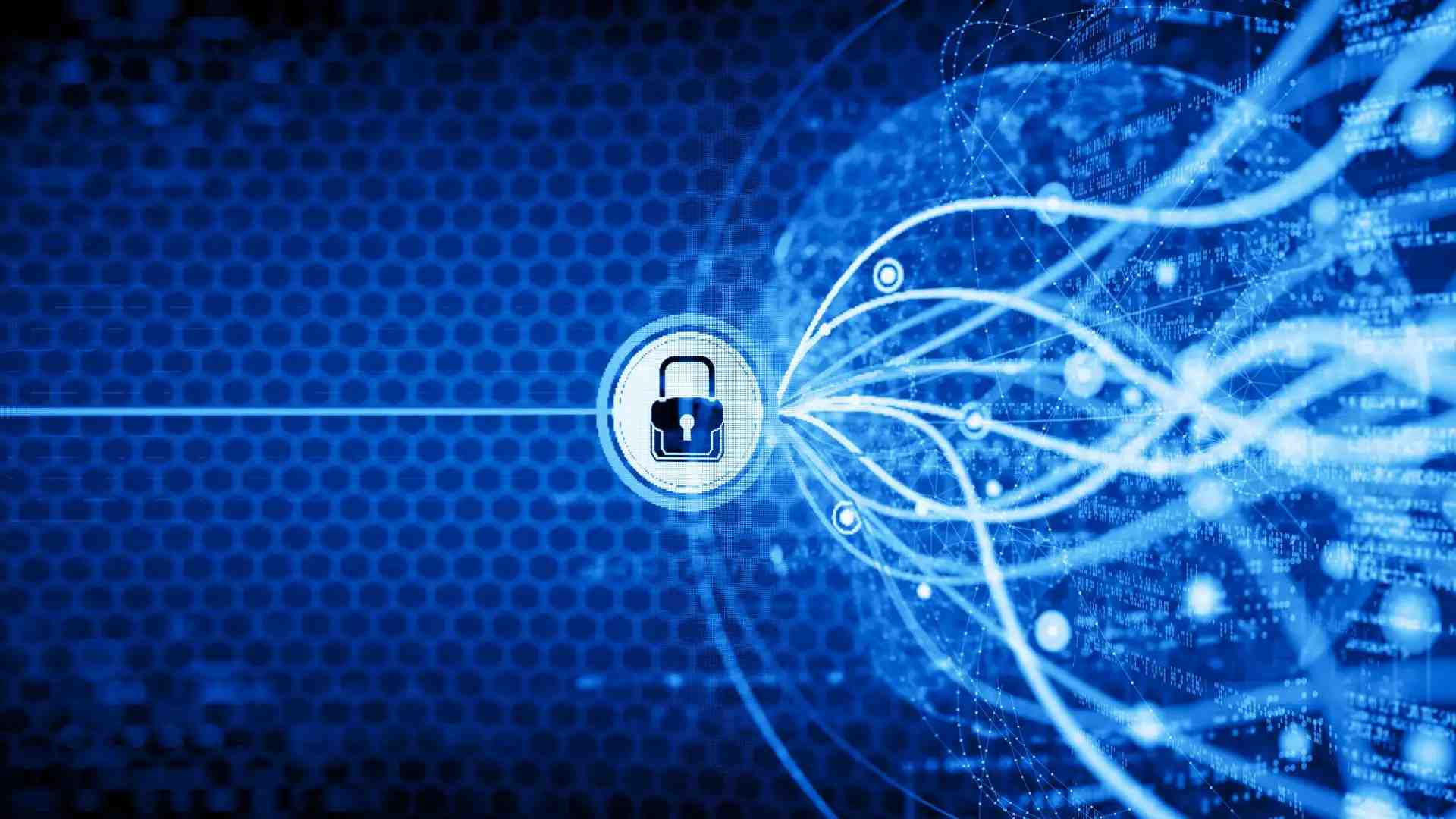Wishing You a Safe and Happy Thanksgiving
Thanksgiving is a time for gratitude, connection, and celebration. While we cherish moments with loved ones, it’s equally essential to safeguard ourselves in the digital space. Cyber threats often spike during the holiday season, making it critical to prioritize online safety.
Statistics reveal that phishing attacks surge by over 25% during the festive season, with cybercriminals exploiting holiday sales and Black Friday deals. Online shoppers are mainly targeted through fake websites, emails, and ads promising irresistible discounts.
Cybercrime is a global concern, costing the world $10.5 trillion annually by 2025. With online shopping and digital payments dominating the holiday season, both businesses and consumers are at risk of financial losses and data breaches.
Your data—credit card numbers, addresses, and passwords—is invaluable to cybercriminals. A single breach could compromise your identity or finances, highlighting the importance of vigilance during the holiday rush.
Here are some essential cyber safety tips during the festival season to keep you secure while shopping, sharing, and celebrating:
Beware of Phishing Scams
The holiday season is a prime time for phishing emails and fake websites. Scammers often use deceptive emails claiming to be from popular retailers or charities offering deals or asking for donations. Always verify the sender’s email address and avoid clicking suspicious links or attachments. According to the FBI’s Internet Crime Complaint Center, phishing attacks increased by over 25% during holidays.
Shop Only on Trusted Websites
Ensure you shop only on secure, well-known websites. Look for “https://” in the URL and a padlock icon next to the website’s address bar, indicating it’s encrypted. During the holiday shopping season, 73% of consumers report falling victim to fake online stores, which can steal payment details.
Use Strong, Unique Passwords
Due to increased activity during the holidays, many online accounts are targeted. Create strong, unique passwords for each of your accounts, and consider using a password manager to store them securely. It’s recommended that passwords be at least 12 characters long and combine letters, numbers, and symbols.
Enable Multi-Factor Authentication (MFA)
MFA adds an extra layer of protection by requiring more than just a password to access your accounts. With 90% of successful cyberattacks targeting companies that did not implement MFA, enabling it for your personal and financial accounts is a vital security measure during busy seasons.
Check Your Bank Statements Regularly
Monitor your bank and credit card statements for any unauthorized charges. Cybercriminals often target online shoppers, and early detection can help limit the damage. If you spot any suspicious transactions, report them immediately.
Be Careful with Public Wi-Fi
Avoid conducting sensitive transactions, such as shopping or banking, over public Wi-Fi networks. These networks are often unsecured, making it easier for hackers to intercept your data. Use a Virtual Private Network (VPN) to secure your connection if necessary.
Secure Your Devices with Antivirus Software
Install and update antivirus software on all your devices, including smartphones, laptops, and desktops. This software helps protect against malware and ransomware, which are more prevalent during the holidays when cybercriminals take advantage of distracted users.
Avoid Over-Sharing on Social Media
Cybercriminals often use social media to gather personal information. Avoid sharing too many details about your holiday plans, such as travel dates or locations, which could make you vulnerable to theft or scams. Keep personal information private, and be cautious about the content you share.
Update Your Software Regularly
Cybercriminals often exploit outdated software to launch attacks. Ensure that your operating systems, apps, and devices are up-to-date with the latest security patches. 33% of malware attacks happen on unpatched systems, so updating is crucial to staying protected.
Be Cautious of Holiday E-Cards and Digital Gifts
During the holidays, e-cards, digital gift cards, and online coupons are common ways for scammers to distribute malicious content. If you receive an unexpected e-card or gift, verify the sender and avoid clicking on any suspicious links.
Educate Family and Friends About Cyber Safety
The holiday season is a great time to educate those around you—incredibly less tech-savvy family members—about online threats. Sharing these simple cybersecurity tips can help ensure everyone stays safe and avoids falling victim to scams during the festive season.
The Role of Gratitude in Cyber Safety Awareness and Happy Thanksgiving
Gratitude fosters mindfulness, which can play a significant role in improving cyber safety. Reflecting on the value of our digital assets—personal data, finances, and online identities—encourages proactive steps toward their protection. This Thanksgiving, express gratitude by committing to better cybersecurity practices, ensuring a safe and enjoyable holiday season for all.
Gratitude isn’t just a feel-good emotion; it encourages mindfulness and responsibility. When we value what we have, we naturally take better care of it. In the digital age, practicing gratitude extends to safeguarding our online identities, financial information, and personal data.
Gratitude fosters mindfulness, which can help us make more deliberate choices online. Mindful users are less likely to click on suspicious links or fall for phishing scams. A study revealed that mindful internet users reported a 28% lower chance of encountering cyber threats.
Our digital assets hold immense value, from social media accounts to online banking profiles. Reflecting on their importance fosters a greater sense of responsibility and encourages us to implement stronger security measures.
When we’re thankful for our digital conveniences—such as online shopping, e-learning, or remote work—it inspires us to take proactive steps like enabling multi-factor authentication (MFA) or regularly updating passwords.
Teaching gratitude for digital resources to younger generations can cultivate responsible internet usage. For instance, showing children the value of their online accounts may motivate them to use stronger passwords and avoid sharing personal information.
Businesses that value customer trust often adopt advanced cybersecurity measures. For example, 60% of enterprises have started integrating zero-trust architecture as part of their gratitude-driven responsibility toward consumer data safety.
Practicing gratitude can also mean giving back through shared cybersecurity knowledge. By expressing thanks through education, such as hosting workshops or webinars, companies and individuals can empower others to stay safe online.
Innovations in cybersecurity, like AI-driven threat detection and encrypted communications, deserve appreciation. Recognizing these advancements can encourage investment and adoption of cutting-edge solutions.
.
Gratitude isn’t just about acknowledging blessings; it’s about taking action to preserve them. This Thanksgiving, let’s reflect on the conveniences of our digital lives and commit to cybersecurity measures that protect them. Staying mindful and responsible ensures that we and those around us can safely enjoy the benefits of the digital world.
The Impact of Gratitude on Building Stronger Cybersecurity Habits During Thanksgiving
Thanksgiving is a time to reflect on our blessings, and this gratitude can extend to digital spaces. We can foster better cybersecurity habits by valuing the technology that connects us and protects our data.
When we’re thankful for the conveniences of modern technology, such as online shopping or remote work, we’re more likely to adopt mindful behaviors like enabling multi-factor authentication or avoiding suspicious links.
Gratitude highlights the importance of preserving what we value. Recognizing the significance of our online assets—personal data, financial information, and professional connections—encourages more robust cybersecurity practices.
Thanksgiving gatherings can be a great time to discuss cybersecurity with family members. Teaching children and seniors about safe online habits stems from a place of gratitude and care for their well-being.
Businesses can express gratitude to customers by enhancing cybersecurity measures. During Thanksgiving, companies can educate users on protecting accounts and reward good security practices, such as offering discounts for enabling security features.
Feeling thankful for secure digital tools motivates proactive steps, such as regular data backups. It’s estimated that 30% of data loss incidents during holidays could have been prevented by backups, showing the tangible benefits of gratitude-driven actions.
Organizations and households that foster a culture of thankfulness often see better security practices. Gratitude promotes a collective effort to secure digital spaces, making everyone more vigilant.
Sharing cybersecurity tips within your community is an act of gratitude. By helping others stay safe, you create a ripple effect that enhances the security of the broader digital ecosystem.
Thanksgiving brings unique cybersecurity risks like phishing scams and fake charity appeals. A grateful mindset helps individuals remain cautious and discerning, reducing the chances of falling victim to these schemes.
Embracing Gratitude to Foster a Safer Digital Future
Gratitude is a powerful force that inspires positive change and mindfulness. When we reflect on the benefits of digital advancements—faster communication, seamless shopping, and secure transactions—we are encouraged to protect these innovations. By appreciating the value of a safe digital space, individuals and businesses can cultivate habits and strategies that enhance cybersecurity.
A culture of gratitude fosters collective responsibility. Acknowledging how interconnected our online presence is highlights the importance of shared security practices. When individuals, families, and organizations actively appreciate their role in the digital ecosystem, they are more likely to adopt practices like data encryption, secure backups, and phishing awareness, thereby reducing vulnerabilities for everyone.
Expressing gratitude for cybersecurity technologies motivates ongoing investment in innovative solutions. Whether adopting AI-based detection tools or supporting research into quantum-resistant cryptography, a thankful mindset drives commitment to safeguarding the future. Businesses grateful for customer trust are more likely to prioritize advanced security systems and Employee training programs.
Gratitude can also inspire education. Sharing the importance of cybersecurity with younger generations instills a sense of responsibility and care for digital safety early on. Schools, families, and organizations can use Thanksgiving to teach best practices, creating a generation that values and upholds cybersecurity principles.
As technology continues to evolve, so do the challenges and opportunities in the cybersecurity landscape. By embracing gratitude, we can navigate these changes proactively and optimistically. This attitude safeguards our digital lives and paves the way for a safer and more secure digital future for future generations.
For more:
https://thecyberexpress.com/cybersecurity-during-holiday-season







